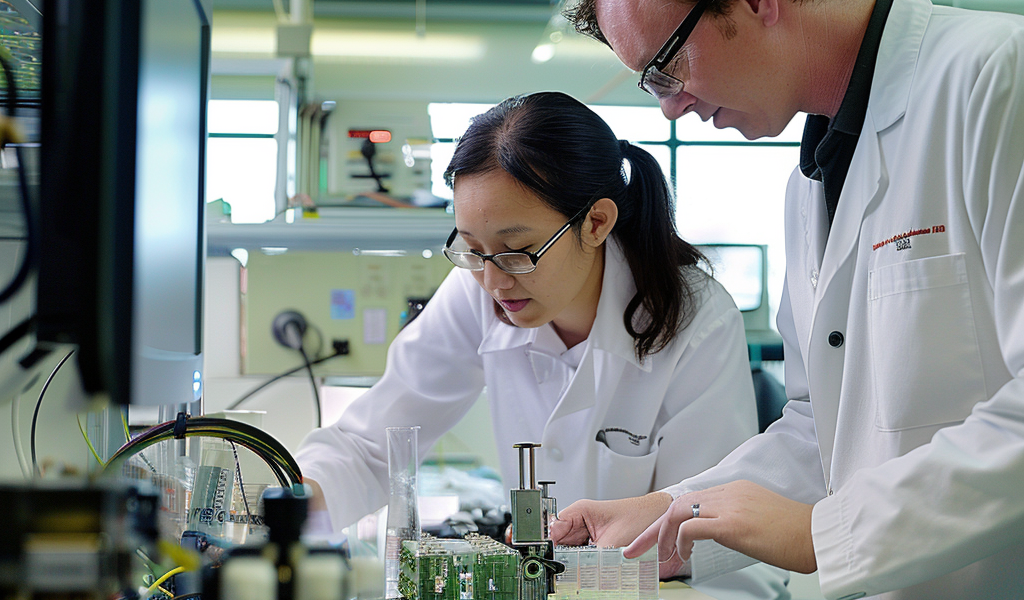Monash University Breakthrough in Lithium-Sulfur Batteries Promises Revolution for Electric Vehicles
In a groundbreaking development for electric vehicle technology, researchers at Monash University in Melbourne, Australia, have made significant strides in the commercialization of lithium-sulfur (Li-S) batteries. This innovation could revolutionize the electric vehicle (EV) landscape, making long-range, affordable electric cars a tangible reality.
Li-S batteries are heralded for their lightweight design and the ability to store double the energy compared to traditional lithium-ion batteries. This advancement not only promises to enhance the performance of electric cars like the Tesla Model Y and BYD Seal but also opens up new possibilities for electric aircraft and drones.
The research team, which has been working on this technology for over a decade, has successfully addressed one of the most significant challenges associated with Li-S batteries: slow charging times. PhD candidate Maleesha Nishshanke, who is one of the authors of the research paper, explained that their approach was inspired by the chemistry of Betadine, a commonly used antiseptic. By leveraging this chemistry, they have developed a method to accelerate both the charging and discharging rates of Li-S batteries, making them suitable for real-world applications that require heavy-duty power.
Dr. Petar Jovanović, co-lead author of the study, emphasized the potential of these batteries in various industries, particularly aviation and maritime, where lightweight and reliable power sources are crucial. “This represents a major breakthrough toward making Li-S a feasible option not just for long-haul EVs but particularly in industries like aviation and maritime that require rapid, reliable power that is crucially light-weighted,” he stated.
Supported by the US Air Force, the research indicates that these batteries could enable electric vehicles to achieve ranges exceeding 1,000 kilometers on a single charge. Dr. Jovanović added, “Imagine an electric vehicle that can travel from Melbourne to Sydney on a single charge or a smartphone that charges in minutes – we’re on the cusp of making this a reality.”
Professor Mainak Majumder, another co-lead researcher, highlighted the excellent energy density potential of the new batteries. “Our catalyst has significantly enhanced the C-rate performance of Li-S batteries, demonstrated in early proof-of-concept prototype cells. With commercial scaling and larger cell production, this technology could transform the EV market,” he noted.
The implications of this research extend beyond just electric vehicles. The lightweight nature of Li-S batteries makes them particularly attractive for applications in aviation, where weight is a critical factor. The ability to provide reliable power without the added bulk of traditional batteries can lead to advancements in electric flight technology.
As the automotive industry continues to evolve, innovations such as these are essential for meeting the growing demand for sustainable transportation solutions. The potential for long-range electric vehicles could significantly reduce the reliance on fossil fuels, contributing to global efforts to combat climate change.
In addition to automotive applications, the advancements in battery technology could also benefit various sectors, including consumer electronics and renewable energy storage. As the demand for efficient energy solutions rises, the commercialization of Li-S batteries presents a promising avenue for addressing these needs.
Overall, the research from Monash University represents a pivotal moment in the development of electric vehicle technology. With the successful commercialization of lithium-sulfur batteries, the future of electric transportation looks brighter than ever, paving the way for a more sustainable and efficient energy landscape.





